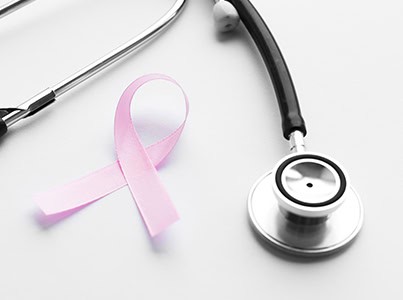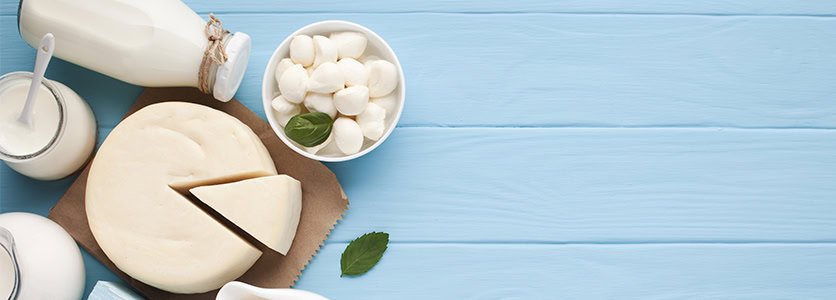01 November 2019
•3 minute read
Myths About Breast Cancer and Why They Aren’t True
We are surrounded by tons of information about breast cancer – some good and some bad.
The Internet can be a huge help, but it can also cause a lot of confusion. While our family members and friends have the best intentions in giving information to protect us, not everything they say may be true.
Here are some of the common misconceptions or myths that we often come across:
Myth: If you do not have a family history of breast cancer, you are safe. You will not get it.
Truth: Although family history of breast cancer is a significant risk factor for developing breast cancer, only 5-10% of breast cancer cases are inherited. The remaining 90-95% of cases are by chance. This simply means that if we do not have a family member with breast cancer, we are not spared from the disease.
As mentioned, the vast majority of patients with breast cancer have no family history, suggesting that there are many other factors involved in developing the disease.

Myth: Wearing an underwired bra causes breast cancer.
Fact: The proposed theory for this myth is that wearing an underwired bra could restrict the flow of lymphatic fluid out of the breasts, causing a build-up of toxins within breast tissue, which then leads to the development of breast cancer.
However, research has found no evidence that any aspect of bra-wearing is associated with increased risk of breast cancer. You can keep wearing your bra, ladies!
Myth: Using underarm antiperspirants leads to breast cancer.
Fact: There are rumours that underarm antiperspirants, especially those containing aluminium salts and other chemicals such as parabens, are absorbed into the lymph nodes and breast tissue, therefore increasing the risk of breast cancer.
Shaving is also believed to make things worse as the small cuts or nicks from shaving purportedly increase the rate of absorption of such chemicals. Some studies have shown that women who use aluminium-based underarm products have higher concentrations of aluminium in their breast tissues.
However, based on available literature, there is no evidence of a link between the use of antiperspirants and breast cancer.

Myth: Mammograms are unsafe because they give out too much radiation.
Fact: The mammogram remains the gold standard for early detection of breast cancer.
There is often a misconception that a mammogram causes more harm than benefit as it involves high doses of radiation. However, modern mammography equipment is able to produce high quality breast images with low doses of radiation. The total dose for a standard screening mammogram is only about 0.4 miliSievert (mSv).
To put that number in perspective, we are typically exposed to an average of 3 mSv of radiation each year from background sources such as rocks and soil. There is no doubt that the benefits of early detection and early treatment of breast cancer far outweigh the possible harm from the very low dose radiation exposure by mammograms.
Myth: Only women develop breast cancer. Men do not get breast cancer.
Fact: Although breast cancer commonly affects women, it does occur in men too. Sadly, there is lack of awareness among men and they are less likely to suspect that a lump in their breast could be cancerous. This causes a delay in seeking treatment.
In the presence of any suspicious breast lump in men, they should come forward quickly for assessment.

Myth: Consuming dairy products increase the risk of developing breast cancer.
Fact: The association between dairy intake and breast cancer risk is often discussed. If we think about it carefully, assessment of dietary factors in relation to cancer risk is difficult and is affected by many potential biases.
For example, persons with high milk consumption may likely consume large amounts of meat or other high fat foods that could also contribute to an increased cancer risk. Therefore, it is difficult to completely separate the effects of milk or dairy products from other nutrients in order to assess the risk.
Another important question is whether the cow, which is the source of the milk has received any growth hormones, which could potentially increase the insulin-like growth factors that could in turn stimulate malignant cells to grow rapidly. Although several interesting hypotheses link dairy products and breast cancer, the available evidence does not support a strong association between these two.
This article first appeared in The Star, 22 October 2019
Share:
Was this article helpful?
01 November 2019
•3 minute read
Myths About Breast Cancer and Why They Aren’t True
Articles and Video
Learn more about General Surgery in Columbia Asia
Learn MoreShare:
Was this article helpful?
Health Packages
Elevate your health with tailored health packages at Columbia Asia Hospital. Take charge of your health journey today.

